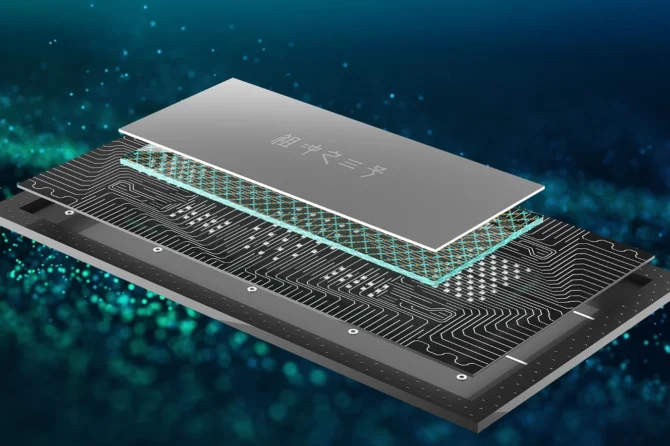This paper introduces the Variational Quantum State Eigensolver (VQSE), a novel approach for extracting eigenvalues and eigenvectors of density matrices on near-term quantum computers. As quantum computers face limitations in qubit count and circuit depth (characteristics of the NISQ era), variational quantum algorithms have emerged as promising solutions to mitigate these constraints.
While the Variational Quantum Eigensolver (VQE) addresses eigenvalue problems for Hamiltonians, VQSE focuses specifically on density matrices. The key innovation of VQSE is its efficiency – it requires only a single copy of the density matrix ρ (using only n qubits per iteration), making it more resource-efficient than previous approaches like quantum PCA, VQSD, or QSVD which require more qubits.
VQSE cleverly exploits the mathematical relationship between diagonalization and majorization. Since eigenvalues of a density matrix ρ majorize its diagonal elements in any basis, VQSE uses a cost function C that is Schur-concave with respect to these diagonal elements. The cost function C = Tr(H·VρV†) employs a non-degenerate Hamiltonian H, ensuring it reaches minimum value when ρ is diagonalized in the eigenbasis of H.
The authors introduce a novel time-dependent adaptive Hamiltonian training approach that helps avoid barren plateaus in training landscapes and escape local minima. Their analysis demonstrates that the relative error from statistical sampling can be kept below a threshold δ with measurement shots scaling as O(1/δ²λm), where λm represents the smallest eigenvalue to be estimated.
The paper demonstrates VQSE’s practical applications through two numerical implementations: error mitigation in W-state preparation (by projecting onto the largest eigenvalue eigenvector to re-purify the state) and entanglement spectroscopy on an XY-model spin chain’s ground state (identifying quantum critical points). These applications illustrate VQSE’s potential as a powerful tool for analyzing quantum systems within the constraints of near-term quantum hardware.
Reference: Cerezo, M., Sharma, K., Arrasmith, A. et al. Variational quantum state eigensolver. npj Quantum Inf 8, 113 (2022). doi:10.1038/s41534-022-00611-6


